Integrating the Quest
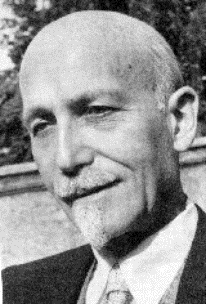
“The teaching that the Quest cannot and should not be separated from life in the world is a sound one.
Therefore, it is part of philosophy and is not some eccentric enterprise to be undertaken by those who wish to escape from the world, or who, being unable to escape, consider themselves as belonging to a class apart from others in their environment – superior to them, different from them, and holier than them. They also come to consider the Quest as an artificial system of living, devoid of spontaneity and naturalness – something to be labored at by making themselves abnormal and inhuman. One of the consequences of this attitude is that they tend to overlook their everyday responsibilities and thus get into difficulties. Philosophy has consistently opposed this tendency. Unfortunately, in the reaction from it, there has arisen a fresh confusion in the minds of another group of students who do not understand the beautiful and adequate balance which true philosophy advocates. These students, swayed by such teachers as Krishnamurti, become so enthused by the notion of making spiritual progress through learning from experiences and action alone that they follow Krishnamurti’s advice and throw away prayer, meditation, and moral striving, as well as study under personal teachers. This limits them to a one-sided progress and therefore an unbalanced one. Total truth can only be got by a total approach; as Light on the Path points out, each of these forms of approach is but one of the steps and all steps are needed to reach the goal.
The whole of his being must be involved in the effort if the whole of truth is to be found. Otherwise the result will be emotional alone, or intellectual alone, or adulterated with egoistic ideas and feelings.”
–Paul Brunton (a.k.a. Raphael Hurst, English Philosopher, Traveler, Spiritual Teacher and Author, 1898-1981)
Your Inner Light
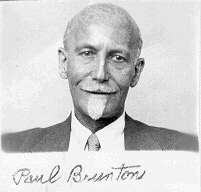
“On this point of the Light phenomenon, the Russian Orthodox Church writer Bishop Brianchaninov explains that it is a spiritual light which is seen inwardly but that it may also be seen physically at times. He considers it identical with the Holy Spirit, and that it reveals the reality of that Spirit while sanctifying the person.”
–Paul Brunton (a.k.a. Raphael Hurst, English Philosopher, Traveler, Spiritual Teacher and Author, 1898-1981)
Surrendering Your Problems

“The surrender of every problem as it arises to the higher self, the renouncing of personal will in the matter, and the readiness to accept intuitive guidance as and when it comes provide a superior technique and yield better results than the old ways of intellectual handling and personal planning alone.”
–Paul Brunton (a.k.a. Raphael Hurst, English Philosopher, Traveler, Spiritual Teacher and Author, 1898-1981)
Surrender to the Stillness
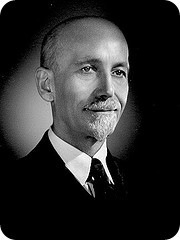
“Those who try to grasp Tao, lose it, declared Lao Tzu. Why? Because they are using willpower, personal willpower, instead of becoming passive and letting the Tao use them, their minds and bodies, as if they were its instruments. This elimination of the self-will is what Jesus meant when he counseled his followers to lose their life in order to find life.”
–Paul Brunton (a.k.a. Raphael Hurst, English Philosopher, Traveler, Spiritual Teacher and Author, 1898-1981)
The Silent Secret Self
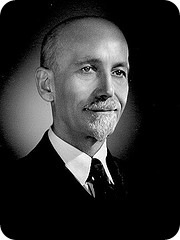
“The silent secret part of the self is forever there, forever asking a little surrender of attention. But few give it.”
–Paul Brunton (a.k.a. Raphael Hurst, English Philosopher, Traveler, Spiritual Teacher and Author, 1898-1981)
Signals of the Truth
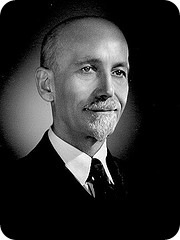
“When intuition points to something unwelcome to the ego, the intellect looks for and usually finds an excuse to reject it. A man who really and sincerely wants to find the Truth should be on the lookout for hints, clues, and signs which would be useful to his Quest, for they constitute the response from the Overself to his aspiration. The Overself can furnish him with the Truth and puts these signals in his way.”
–Paul Brunton (a.k.a. Raphael Hurst, English Philosopher, Traveler, Spiritual Teacher and Author, 1898-1981)
Moving in Curves
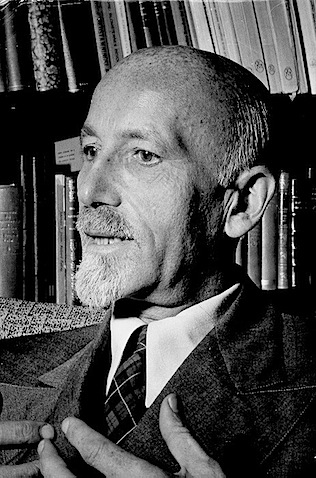
“The movement of every energy and trend takes a curved direction. This is why there is no straight-line, lapse-free evolution in human nature or history. And the curve develops itself with time into a circle, and this again with further time into a spiral.”
–Paul Brunton (a.k.a. Raphael Hurst, English Philosopher, Traveler, Spiritual Teacher and Author, 1898-1981)
The Tests of the Quest
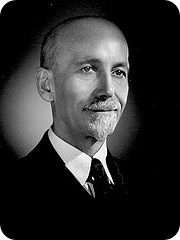
“The psychic experiences that may come to him on the Quest may be important preliminary phases in which some truths are passed on from the Overself in the form of mental pictures. Such a probationary period is usually filled with tests and ordeals, temptations and tribulations. In this connection, the events themselves are important to his personal life; but his reactions to them are what is important to his spiritual life.”
–Paul Brunton (a.k.a. Raphael Hurst, English Philosopher, Traveler, Spiritual Teacher and Author, 1898-1981)
Temples in Nature
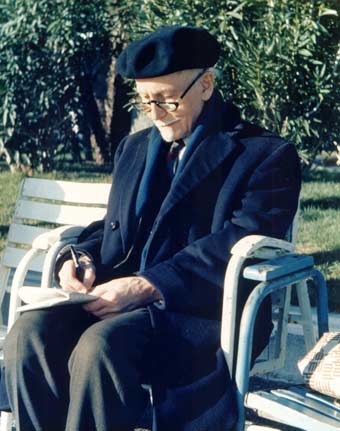
“Thoughtful seekers among the ancients and Orientals found fitter temples in Nature, in open desert spaces with the sky overhead and the sand underneath, than in elaborate structures resounding to the chants of professional men who had exhausted their divine mandate.”
–Paul Brunton (a.k.a. Raphael Hurst, English Philosopher, Traveler, Spiritual Teacher and Author, 1898-1981)
Masters and Messengers

“We must make a difference between the Messenger, who is sent to communicate a teaching through writing or speech, and the Master, who comes to embody the teaching and who alone possesses the power to bless others with his Grace.
This difference is not so clearly understood among the yogis as it is among the lamas and Sufis, a lack which leads to confused ideas and unjustified customs.”
–Paul Brunton (a.k.a. Raphael Hurst, English Philosopher, Traveler, Spiritual Teacher and Author, 1898-1981)






